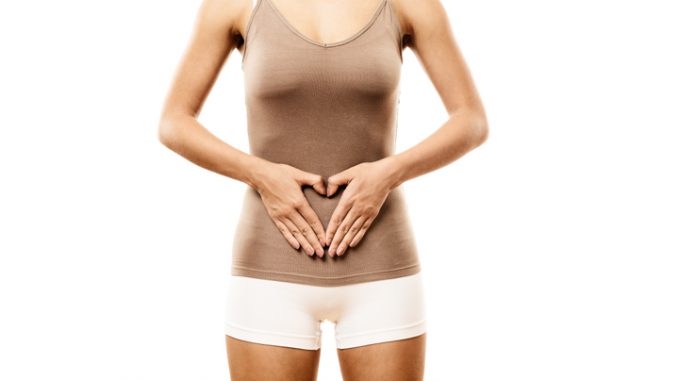
E. Coli is a bacteria that usually colonizes the intestines, and is often referred to as ‘good gut bacteria’. At least this is the case with most E. Coli strains. Some strains have the potential to cause severe infections inside and outside the intestines, which are known as pathogenic strains. Depending on the localization, E. Coli may cause a broad spectrum of diseases and symptoms, from diarrhea to urinary infections and in rare cases severe conditions such as kidney failure or sepsis.
Here are the most common symptoms of pathogenic strains of E. Coli:
1 Diarrhea
Certain strains of E. Coli cause diarrhea. Typically, the gut infection occurs while traveling to parts of the world with poor food hygiene. Most often, the stools are completely watery or with just a few traces of mushy lumps. The urge to go to the toilet is sudden and uncontrollable. The stools are often voluminous, which causes severe water loss and dehydration. If there are no complications, it lasts no longer than 10 days. The stools slowly change consistency to mushy before returning to normal.
More symptoms on next page…

